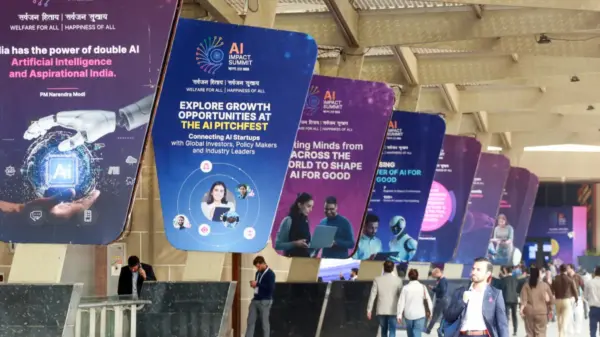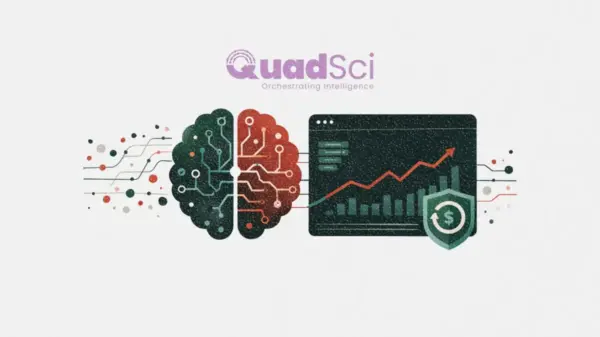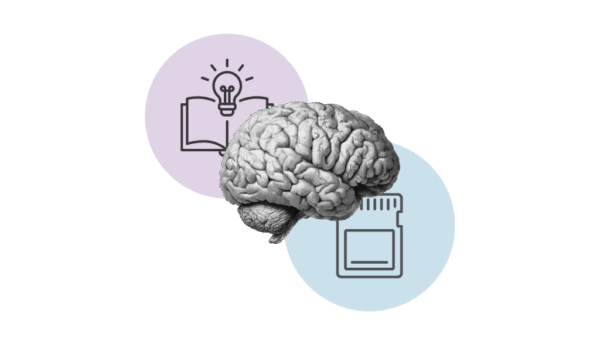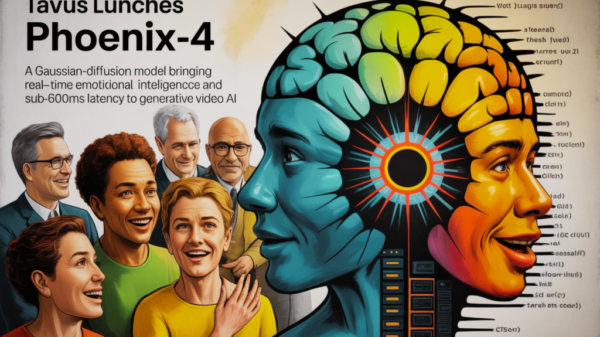As the landscape of the workplace transforms under the influence of artificial intelligence (AI), the race to bridge the skills gap is intensifying. Data fluency, machine collaboration, and digital literacy have emerged as essential competencies for today’s workers, but how can we effectively address this growing gap? At the recent Fortune Innovation Forum in Kuala Lumpur, Malaysia, Charu Mahajan, Senior Partner and VP of IBM Consulting APAC, shared insights into these emerging demands during a panel discussion moderated by Fortune’s Jeremy Kahn.
“The skills we need in the AI age are fundamentally different from before,” Mahajan observed, highlighting the increasing necessity for data literacy. However, she emphasized that this knowledge extends beyond traditional data roles. It now includes understanding human-machine collaboration and how to work effectively with technology, particularly in roles involving data and robotics.
Redefining Workplace Skills
According to Mahajan, the latest research from IBM indicates a significant shift in what employers are seeking. “The emphasis and premium on creativity, thinking outside the box, and being able to be innovative have become really important,” she stated. This shift is particularly notable as businesses increasingly look for individuals who bring diverse perspectives—those from fields that may not traditionally align with business objectives.
This marks a departure from the last decade, when coding and STEM credentials were seen as the primary gateways to success. “Technology is becoming a commodity,” Mahajan noted, remarking that the real differentiators are now the people who can leverage these technologies creatively. This includes skills in areas such as prompt engineering and understanding the necessary human intervention to utilize technology effectively, which in turn, adds to a company’s competitive edge.
The Startup Mentality in the AI Era
Achmad Zaky, a founding partner of Init 6, an investment group supporting startups in Indonesia, echoed this sentiment by emphasizing the importance of fostering an “experimental spirit.” He remarked that the most successful founders exhibit curiosity for future trends, unafraid to innovate and learn from failures. This willingness to experiment is essential as companies navigate the complex landscape of AI.
While many major corporations are beginning to adapt, Mahajan pointed out that numerous organizations remain entrenched in “pilot purgatory,” struggling to implement AI effectively. “Many are beginning to experiment with these technologies, but they don’t yet have the skills to adapt,” she explained. Bridging this gap will necessitate dismantling traditional corporate silos, recognizing that technology impacts all facets of business—not just the domains traditionally associated with tech leadership.
As the AI landscape continues to evolve, it’s clear that addressing the skills gap isn’t just about retraining employees. It’s about redefining how we think about workforce capabilities in an increasingly automated world. Emphasizing creativity and collaboration alongside technical skills will be crucial for businesses looking to thrive in the AI age.
For more insights from the panel discussion, you can watch the complete session here.
As the industry adapts, the need for a workforce equipped with these new competencies will be paramount. The future of work will rely heavily on the ability of individuals to innovate and collaborate with AI, highlighting the importance of ongoing education and retraining initiatives in the rapidly changing digital landscape.
See also Microsoft AI Chief Mustafa Suleyman Defends Copilot Amid User Backlash on Windows Updates
Microsoft AI Chief Mustafa Suleyman Defends Copilot Amid User Backlash on Windows Updates Thumbprint Appoints Mark Hendrickson as Tech Director to Enhance AI-Driven Merchandise Solutions
Thumbprint Appoints Mark Hendrickson as Tech Director to Enhance AI-Driven Merchandise Solutions Swatch Launches AI-DADA Tool, Enables Custom Watches for $210 in Under 2 Minutes
Swatch Launches AI-DADA Tool, Enables Custom Watches for $210 in Under 2 Minutes AI Drives 48,000+ Job Cuts in 2023 as Firms Shift to Automation Strategies
AI Drives 48,000+ Job Cuts in 2023 as Firms Shift to Automation Strategies Trump Declares State AI Laws a ‘Disaster’ Amid Federal Regulation Uncertainty
Trump Declares State AI Laws a ‘Disaster’ Amid Federal Regulation Uncertainty








































































